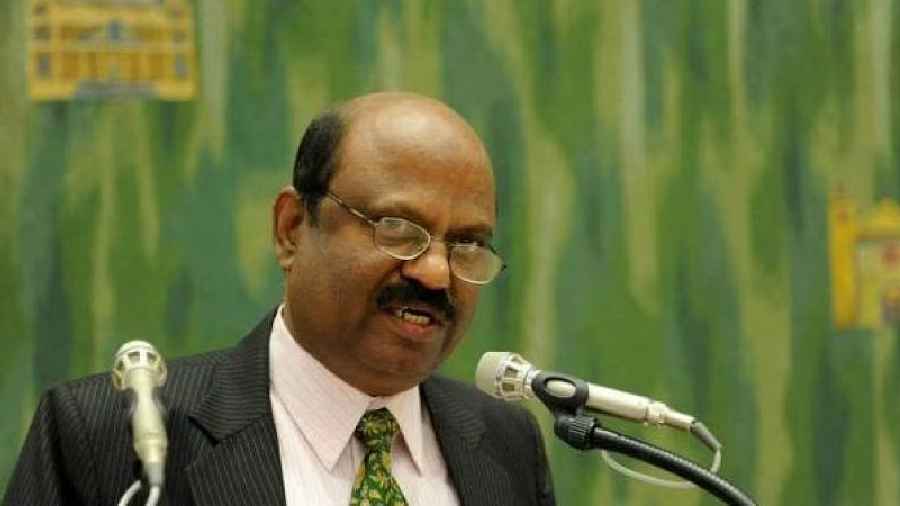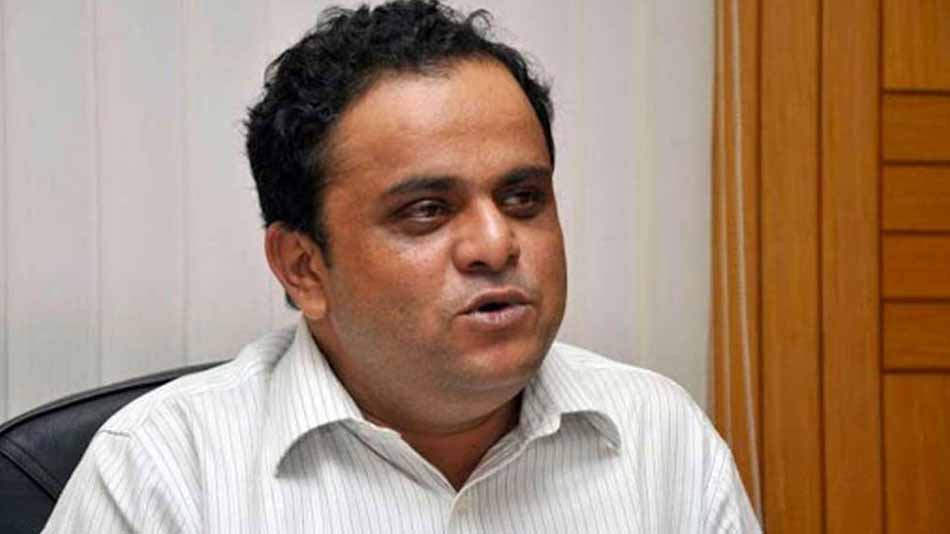Vice-chancellors of state universities have yet to decide on sending weekly reports to the governor because, many of them said, a Bengal government rule enacted in 2019 says all communications from a VC to the chancellor “shall be addressed to the (education) department”.
In December 2019, the West Bengal government enacted the West Bengal State Universities (Terms and Conditions of Service of the Vice-Chancellor & the Manner and Procedure of Official Communication) Rules after getting an amendment passed by the Assembly.
Several VCs said that as long as the rules are in force, they are not sure whether it would be advisable to email weekly activity reports directly to Raj Bhavan.
“The rules also say every communication proposed to be made by the chancellor to any state-aided university will be routed through the education department and ‘action on such communication shall be taken once the same is endorsed by the department’,” said a VC.
Governor C.V. Ananda Bose had on April 4 sent a communique to the VCs of all state universities, asking them to email weekly activity reports to Raj Bhavan on the last working day of every week. The governor is the ex officio chancellor of all state universities.
“What the chancellor wants us to do is in clear conflict with what the rules say. How can we send weekly reports to the chancellor directly, bypassing the education department?” said another VC.
“I guess that is why education minister Bratya Basu had said last week that the governor’s communication to the VCs was legally untenable,” the VC said.
On April 4, the chancellor had also asked the VCs to contact him over the phone or email him “on any major issue”.
A third VC said: “The VCs have also been told to seek the chancellor’s approval for any decision which has financial implications. We are a state-funded university. According to the rules, the education department has an absolute say in the affairs of the university. As long as the rules are in place, it would not be prudent to bypass the department.”
“We find ourselves caught in a fight between the department and Raj Bhavan,” the VC said. “In such a situation, acting in accordance with the April 4 communication is difficult.”



